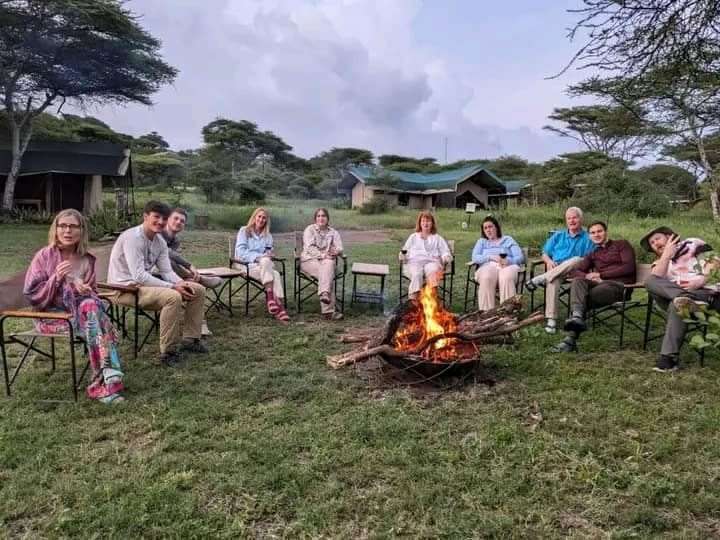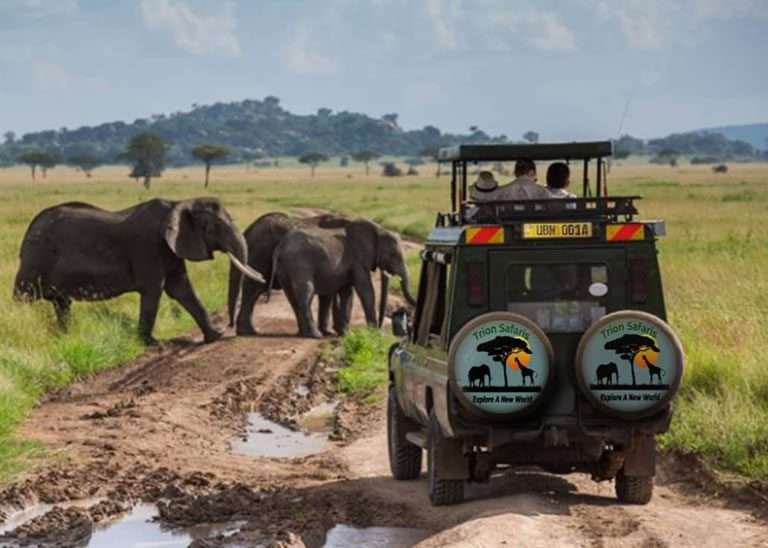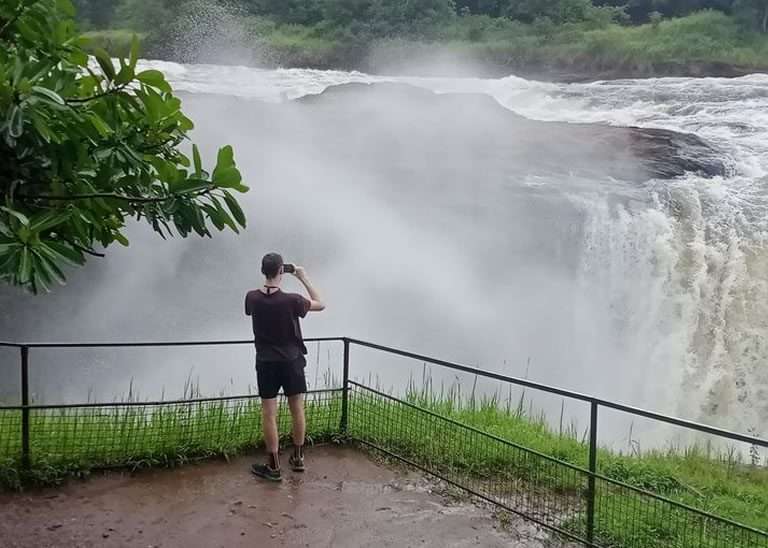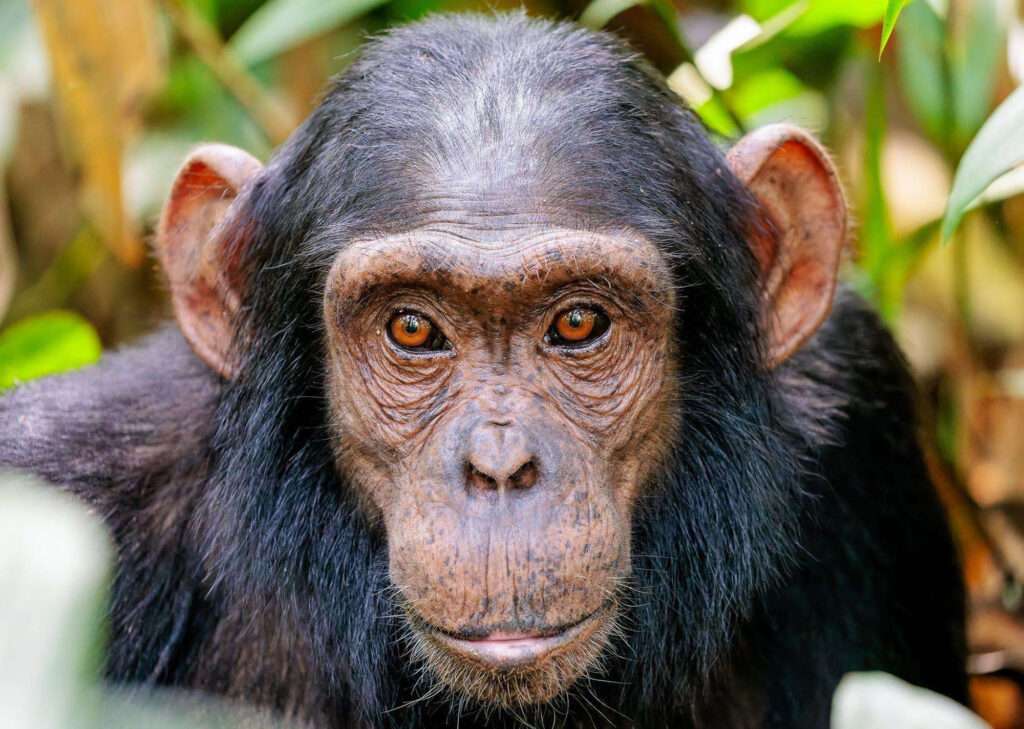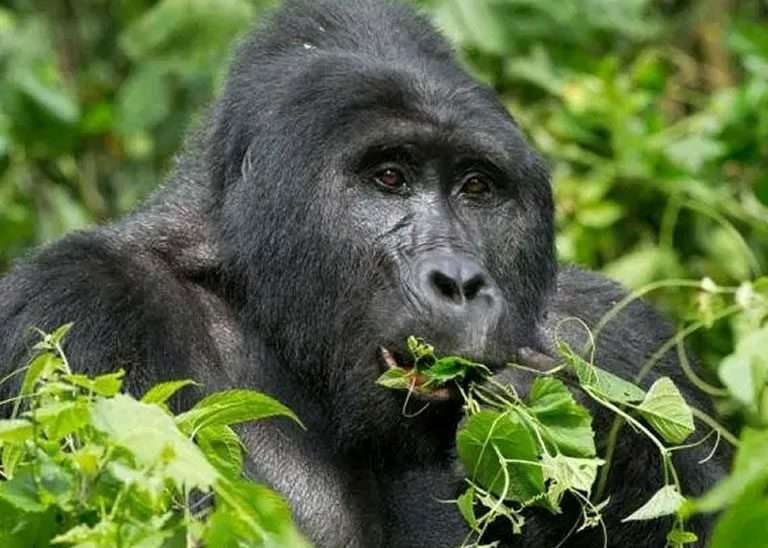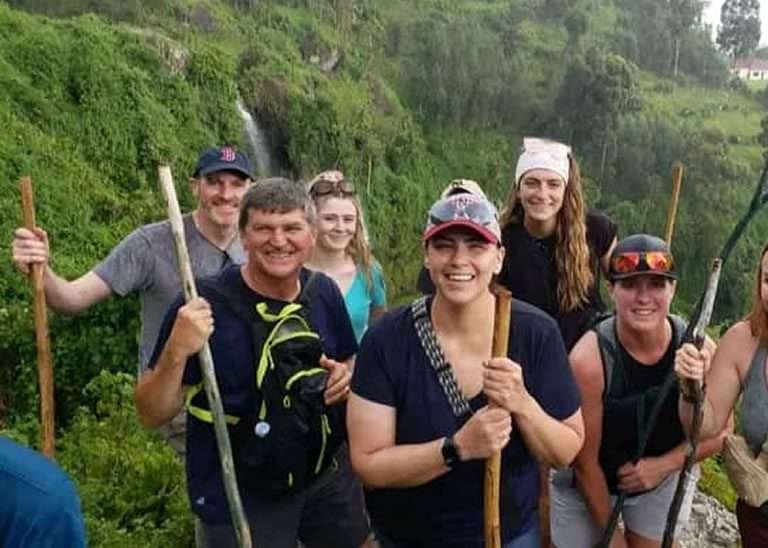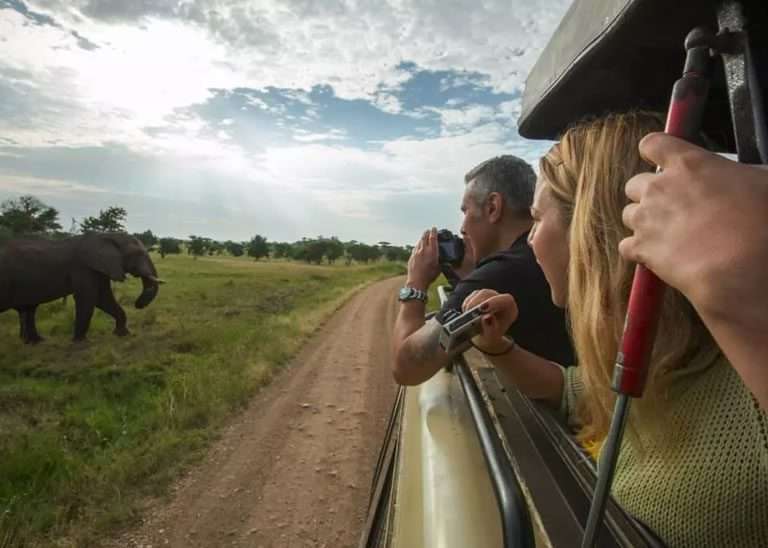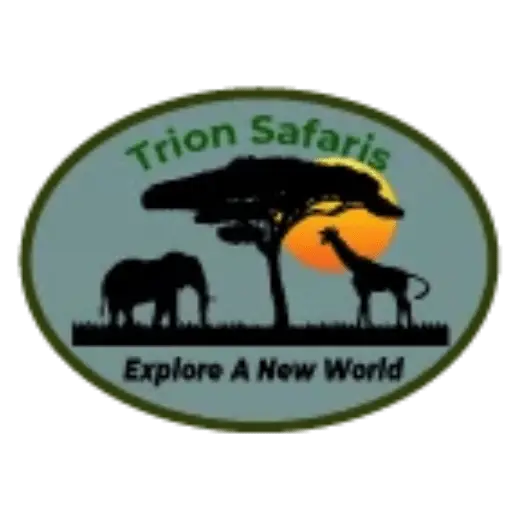
Mountain Gorillas on a unique
jungle trek in Bwindi Park

on game drives

SAFARIS
romantic adventure

Learn Vibrant African Cultures
Trion Safaris & Tours
Trion Safaris Uganda is a specialist luxury tour operator which handcrafts the most authentic African holiday itineraries and exclusive travel experiences throughout the entire continent. With over 10 years know-how and the best connections in the industry, we have a passion for Africa and are always bring up to date on its latest offerings. Africa is a collection of some of the most amazing countries and cultures on earth. We know Africa, we love Africa, and we want to share it with you.
plan your dream safari
GORILLA AND WILDLIFE SAFARIS
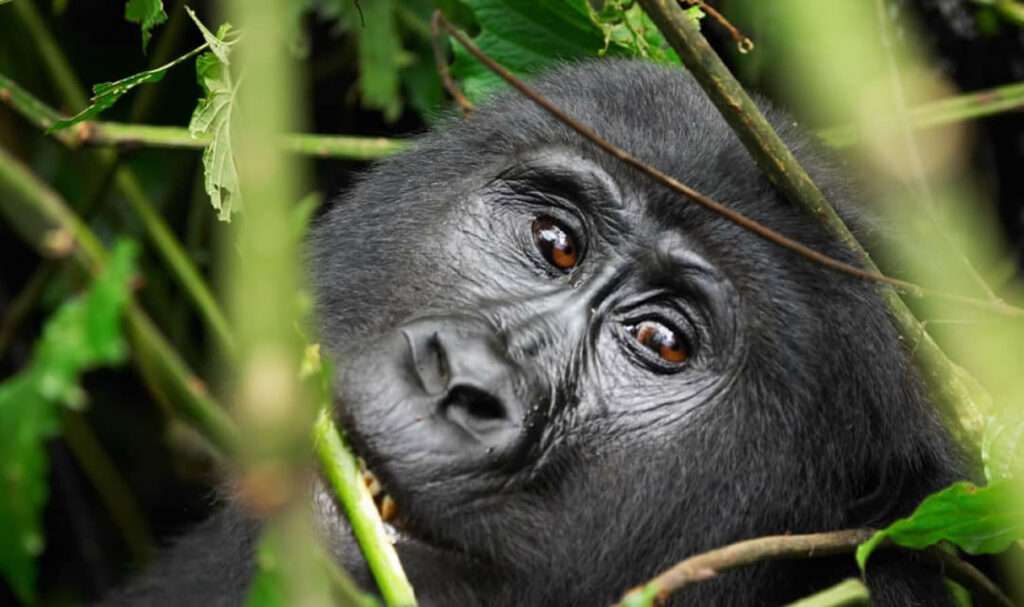

GORILLA AND WILDLIFE SAFARIS
TAILOR-MADE UGANDA SAFARIS
TAILOR-MADE UGANDA SAFARIS
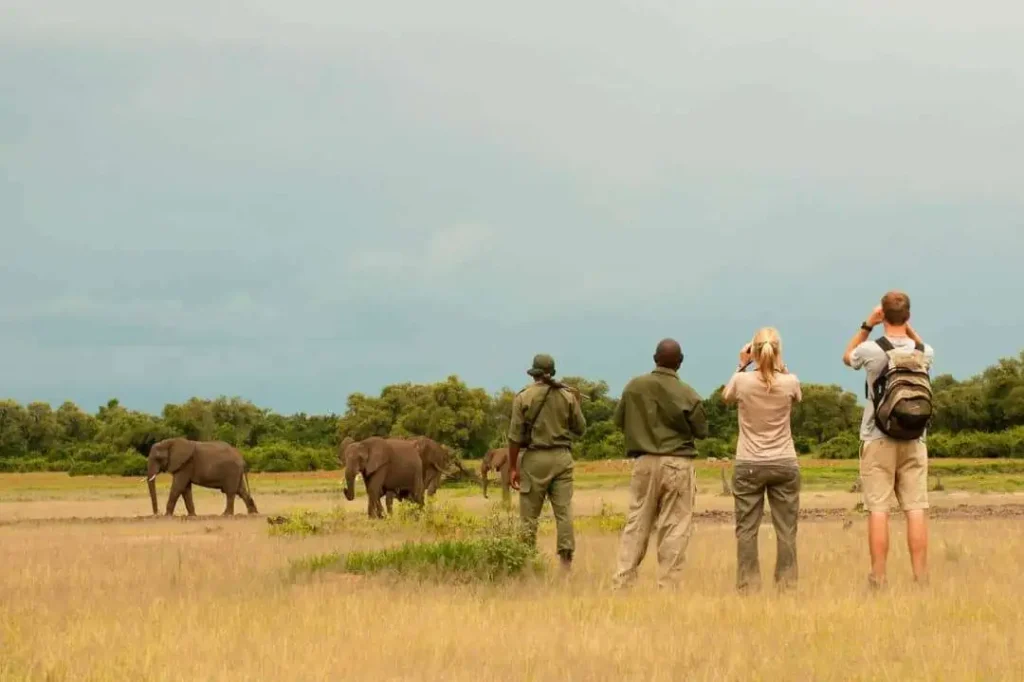
WHERE LUXURY MEETS ADVENTURE
The Pearl of Africa, where breathtaking landscapes and unique wildlife create the perfect setting for your luxury safari adventure. Immerse yourself in Uganda’s stunning natural beauty—from towering volcanoes and magnificent waterfalls to expansive lakes and majestic mountains. Our exclusive safaris offer intimate encounters with a diverse range of wildlife, including the rare and majestic Mountain Gorilla found in Bwindi Impenetrable National Park.
Beyond the lush forests, Uganda’s savannah parks, like Queen Elizabeth National Park, teem with elephants, lions, buffalo, and over 350 bird species. For thrill-seekers, the source of the mighty Nile offers exhilarating white-water rafting experiences. After each day of exploration, retreat to our luxurious lodges or tented camps, where elegance and comfort await. Indulge in gourmet dining, relax in private plunge pools, and enjoy personalized service tailored to your preferences. Our expert guides lead you through unforgettable journeys, combining wild adventure with sustainable and responsible travel practices. Experience the unparalleled beauty and wildlife of Uganda with a bespoke luxury safari designed to Cater to your every need.
EXPLORE GREAT PLACES
POPULAR PACKAGES
- 7D/6N
- Uganda
The honeymoon safari takes you through Uganda’s ultimate wildlife, chimpanzee and gorilla tracking experience.
- 3D/2N
- Uganda
Enjoy this Murchison Falls Safari where you will see various kinds of mammals and over 450 coloured kinds of birds, large herds of elephants, buffalos, lions.
- 3D/2N
- Qn Elizabeth
Queen Elizabeth National Park is a highly biodiverse wildlife sanctuary, promising an unforgettable adventure capped
- 5D/4N
- Uganda
- 3D/2N
- Jinja
Experience the breathtaking heavy-duty water boat powered by 450HP of motor, as you navigate the white waters of the Nile
- 3D/2N
- Lake Mburo
- 4D/3N
- Kidepo
This safari will take you to Uganda’s most isolated national park -Kidepo National Park & Sipi Falls but a True African Wilderness.
- 10D/9N
- Uganda
This 10 Days Uganda Safari takes you to Murchison Falls where you will enjoy game viewing drives, a hike to the top of the falls and
- 12D/11N
- Uganda
This safari lets you travel through Uganda and dive deep into what the Pearl of Africa has to offer. The perfect African journey in Uganda’s biggest game parks to witness the big five.
- 14D/13N
- Uganda
The 14 Days Ultimate Uganda Wildlife Safari, covers the Western Uganda safari circuit for big game viewing, boat cruise, mountain Gorilla tracking in Bwindi, and primates tour.
- 7D/6N
- Uganda
This week-long Luxury Gorilla Safari allows you to experience the best Uganda has to offer. From the open Savannah Plains of Queen Elizabeth National Park, to Gorilla Tracking in Bwindi.
- 8D/7N
- Uganda
This trip will give you an opportunity to encounter an outstanding nature with great and fantastic view.
- 6D/5N
- Masai Mara
This 6 days safari takes you to Masai Mara, Lake Nakuru and Amboseli National Parks. Tour Masai Mara to watch the big five wild animals
- 5D/4N
- Uganda
This bucket-list experience takes you deep into Bwindi Impenetrable Forest for an eye-opening encounter with highly endangered mountain gorillas.
OUR TOP PLACES TO VISIT IN UGANDA
It’s a destination where the ordinary becomes extraordinary, where the contemporary collides with the traditional and where luxury and sophistication oozes from every corner.
UGANDA SAFARI TRAVEL GUIDE
What to park on an African safari
Planning an African safari? Discover what to pack for an unforgettable adventure in Uganda. Our comprehensive guide covers essential clothing, gear, and safety items to ensure you’re well-prepared and comfortable throughout your journey. we highlight Clothes for various safaris and adventures.
Best Seasons to Go on Safari in Uganda
Uganda, known as the Pearl of Africa, offers breathtaking safari experiences year-round. However, understanding the best seasons to visit can enhance your wildlife adventure significantly.. Explore the dry season’s optimal wildlife viewing and the lush, vibrant experiences of the wet season for bird watchers.
Gorilla trekking and Chimpanzee Tracking
Uncover the awe-inspiring wonders of gorilla trekking and chimpanzee tracking in Uganda. Explore the depths of Bwindi Impenetrable Forest and Kibale National Park for unforgettable wildlife encounters. Plan your extraordinary adventure today and immerse yourself in the magic of Uganda’s natural treasures!
What to do on a Uganda safari
Go on an unforgettable journey exploring many Ugandan natural wonders with a diverse array of wildlife encounters, exhilarating game drives, captivating gorilla trekking, tranquil boat safaris, and enriching cultural experiences. Immerse yourself in the beauty and biodiversity of this stunning East African destination.
WHERE LUXURY MEETS ADVENTURE
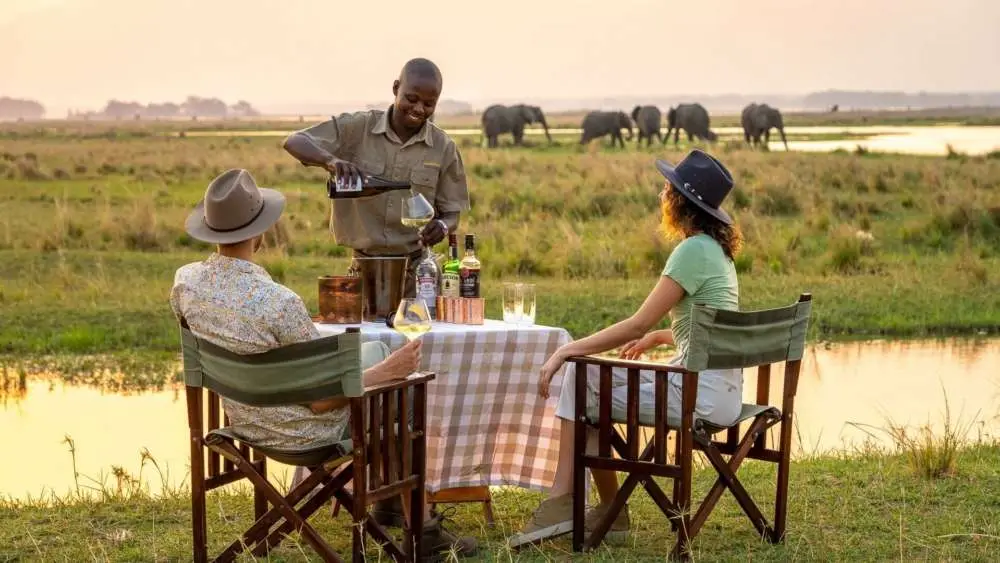
The Pearl of Africa, where breathtaking landscapes and unique wildlife create the perfect setting for your luxury safari adventure. Immerse yourself in Uganda’s stunning natural beauty—from towering volcanoes and magnificent waterfalls to expansive lakes and majestic mountains. Our exclusive safaris offer intimate encounters with a diverse range of wildlife, including the rare and majestic Mountain Gorilla found in Bwindi Impenetrable National Park.
Beyond the lush forests, Uganda’s savannah parks, like Queen Elizabeth National Park, teem with elephants, lions, buffalo, and over 350 bird species. For thrill-seekers, the source of the mighty Nile offers exhilarating white-water rafting experiences. After each day of exploration, retreat to our luxurious lodges or tented camps, where elegance and comfort await. Indulge in gourmet dining, relax in private plunge pools, and enjoy personalized service tailored to your preferences. Our expert guides lead you through unforgettable journeys, combining wild adventure with sustainable and responsible travel practices. Experience the unparalleled beauty and wildlife of Uganda with a bespoke luxury safari designed to Cater to your every need.
Visit Lake Bunyonyi
FROM OUR TRAVEL STORIES
OUR RECENT POSTS
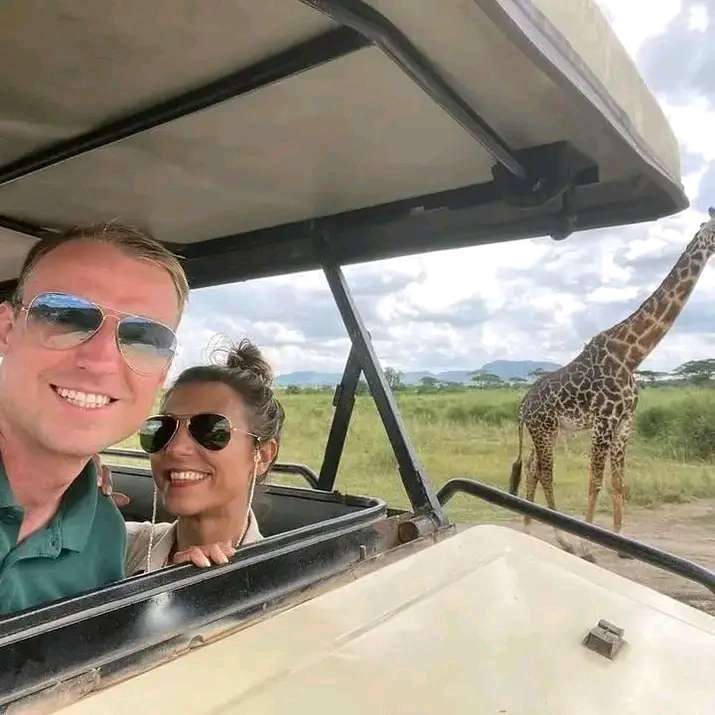
Honeymoon Safari In Uganda
Embarking on a safari honeymoon is the epitome of romance and adventure. Imagine waking up to the sounds of the wilderness, witnessing breathtaking sunsets over the savannah, and sharing intimate moments under the vast African sky.
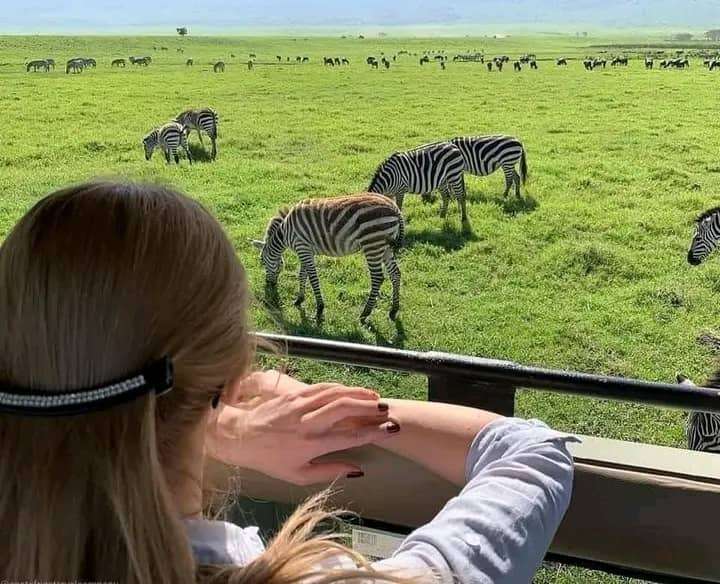
Why You Should Visit Uganda
When it comes to experiencing the raw beauty of nature and immersing oneself in the untamed wilderness, Uganda stands unrivaled.
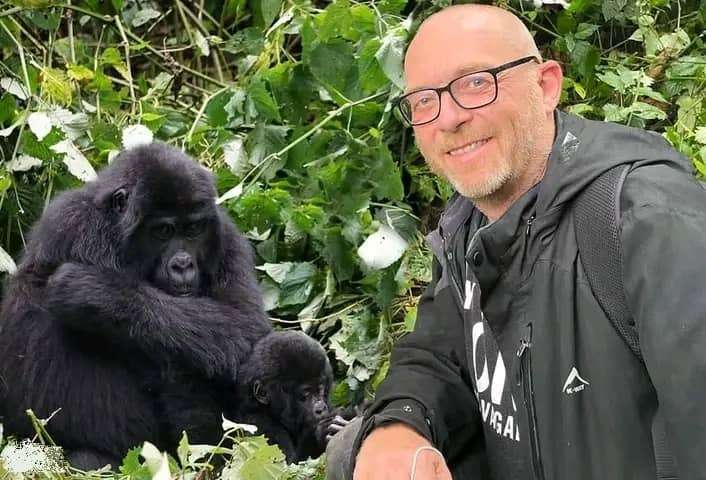
MOUNTAIN GORILLAS IN BWINDI
Uganda is home to half the population of the endangered mountain gorillas in the entire

